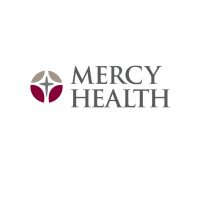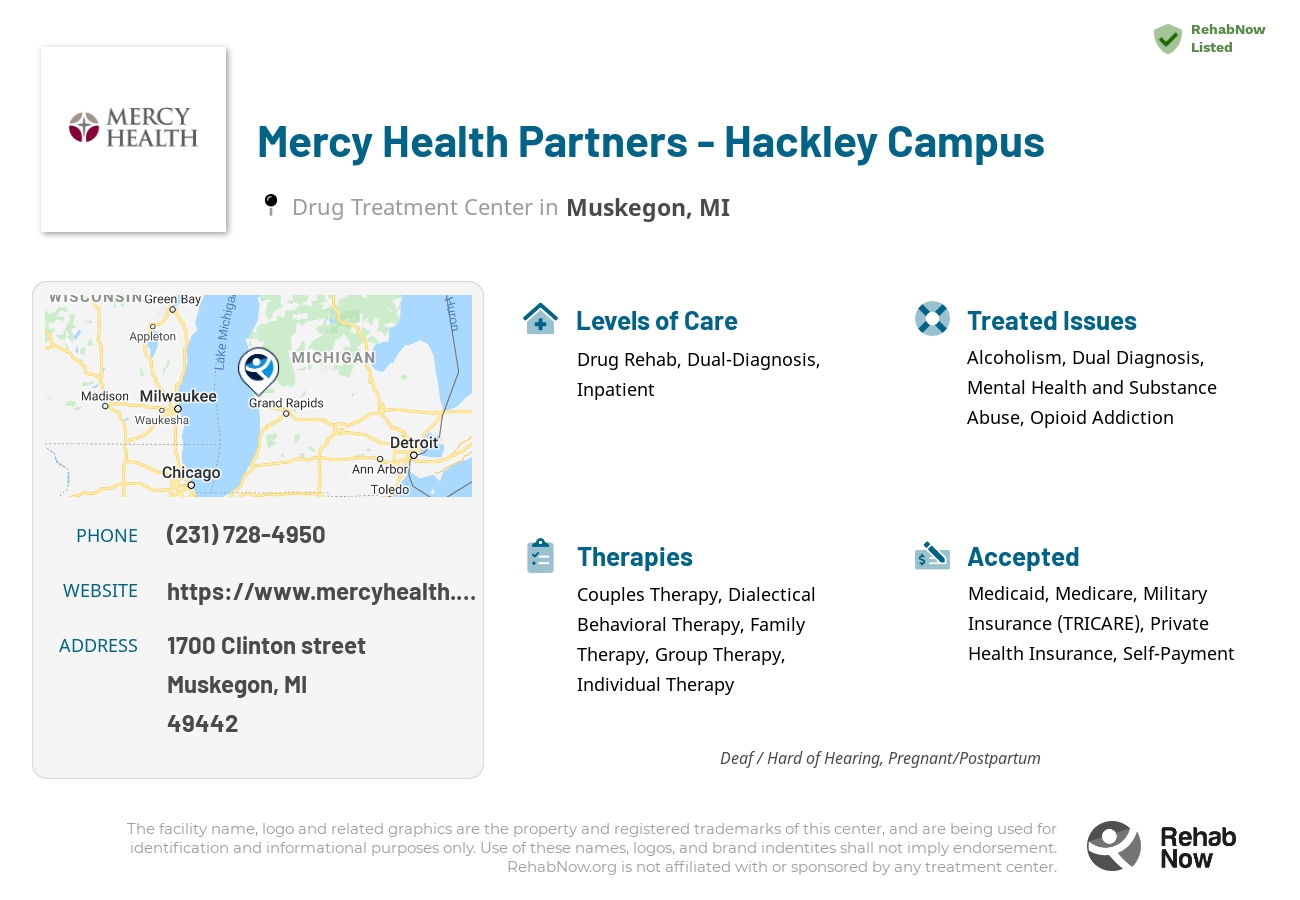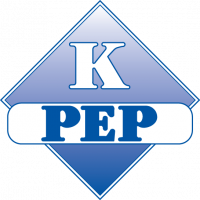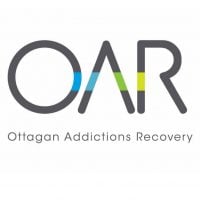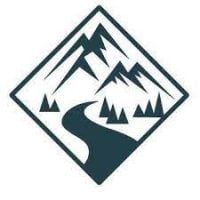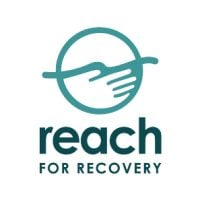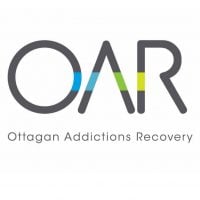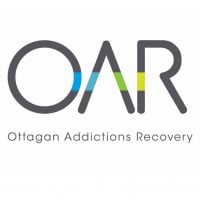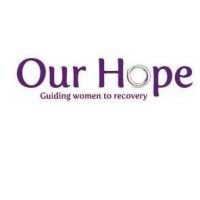Mercy Health Partners - Hackley Campus
Drug Rehab Center in Muskegon, Michigan
Mercy Health Partners Hackley Campus in Michigan offers comprehensive addiction treatment services, including evidence-based therapies and specialized programs for adolescents, adults, and dual diagnosis patients, with a focus on individualized care and aftercare support.
About This Michigan Facility
Mercy Health Partners Hackley Campus in Muskegon, Michigan is a premier healthcare facility offering comprehensive medical and mental health services. It has specialized programs to meet the needs of individuals with addiction and substance use disorders. The hospital offers a full continuum of care, with both inpatient and outpatient services for individuals struggling with substance use. It also provides specialized addiction treatment services for adolescents, adults, and dual diagnosis patients.
Mercy Health Partners - Hackley Campus provides individualized addiction treatment programs for patients. These include evidence-based therapies such as cognitive behavioral therapy (CBT) and dialectical behavior therapy (DBT). In addition to individual therapies, the hospital also offers group therapy and educational programming to help patients better understand their addiction and develop healthy coping skills. The hospital offers wrap-around services, helping patients to access any additional resources they need.
Mercy Health Partners - Hackley Campus is accredited by the Joint Commission and the College of American Pathologists, and is a member of the National Association of Addiction Treatment Providers. The hospital has received numerous awards for its exceptional service and has been recognized for its excellence in addiction treatment services. Additionally, the hospital offers aftercare support for patients in recovery, including peer support groups and individualized recovery plans.
Genders
Ages
Modality
Additional
Conditions and Issues Treated
Opioid abuse has become a national epidemic in the last decade. The US has one of the world’s highest rates of opioid use and abuse, as well as opioid-related deaths. Opioids are classified as Schedule II-IV controlled substances in the US due to their high potential for abuse.
Oxycodone, hydrocodone, methadone, and fentanyl are the most common Opioids and are commonly prescribed to treat pain. Tolerance to opioids develops over time, making life difficult, if not impossible, without them. Opioid users often obtain the drugs illegally. They can be drug dealers, friends, or family members who do not have valid prescriptions.
The desire for a more intense high than prescription opioids can quickly lead to heroin use. Heroin users are more prone to illness and death due to the high risk of overdose.
Many opioid addicts who seek treatment believe that the only way to overcome their addiction is through medical detox and long-term drug addiction rehab. To help patients wean off their addiction and reduce the risk of overdose, medication-assisted therapy (MAT) involves prescribing a replacement opioid. Doctors use MAT in conjunction with other anti-craving medications to help patients maintain recovery. Due to the high risk of relapse, MAT is often combined with individual and group counseling and social support programs.
When addiction and psychiatric issues co-occur, the addict’s recovery is more successful when both conditions are treated. A dual diagnosis refers to a condition in which the patient is diagnosed with two health issues: addiction and bipolar disorder. The most common therapies are psychotherapy, behavioral therapy, spiritual counseling, 12-step programs, and medication management.
Levels of Care Offered at Mercy Health Partners - Hackley Campus
This center offers a variety of custom treatment tailored to individual recovery. Currently available are Drug Rehab, Dual-Diagnosis, Inpatient, with additional therapies available as listed below.
Inpatient treatment centers offer a safe, secure, and often medically supervised environment for drug or alcohol-addicted individuals. Many of these facilities are equipped to provide detoxification, treatment for co-occurring mental health disorders, and aftercare programs. The patient typically spends 28 to 30 days at the facility and will receive extensive drug counseling.
Therapies & Programs
At Mercy Health Partners - Hackley Campus , to learn from past mistakes and improve one’s situation, the recovering person meets individually with a therapist. The counselor or therapist will address addiction causes, triggers, mental issues, dual diagnosis, and aftercare plans during this time. This is a very intense and challenging process. Some clients find it easier to open up to someone other than family or friends who understand their struggles with addiction.
Couples therapy sessions are typically used to help couples in recovery from drug addiction work through their issues. These types of sessions can be beneficial for many reasons, including the fact that they add a layer of accountability when both partners in a couple are recovering from addiction.
Therapy can also provide addicts with another effective way to cope with stress and avoid relapse during difficult situations. This type of therapy can help improve communication with their partners, which can strengthen the relationship and prevent future problems that might lead to relapse.
Family therapy is a crucial part of drug treatment and getting sober. It is one of the most effective ways to help addicts stay on the path to long-term sobriety. An addict’s family can play a vital part in helping them to avoid relapse. They can spot the warning signs and help them get back on track.
In group therapy, recovering addicts meet with a therapist and other people in recovery. Some groups are closed, meaning only people who share the same addiction or problem can attend. Others are open to anyone who wants to stop using drugs or drinking alcohol. Group therapy sessions typically focus on one topic each week or month so that recovering addicts can discuss issues they face daily.
Dialectical Behavior Therapy (DBT) is a type of therapy created in the late 1980s and early 1990s. It was designed to help people with high rates of suicidal behavior.
The goal of DBT is to teach mindfulness, distress tolerance, emotion regulation, and interpersonal effectiveness to help people learn how to live a life that is no longer controlled by overwhelming emotions and urges.
DBT is beneficial in treating drug addiction because it helps patients understand and cope with their cravings for drugs or alcohol rather than turning to those substances as a way of coping.
Cognitive Behavioral Therapy (CBT) is based on the idea that how we feel, think and act all interact together. It helps people explore their thoughts for problems (or false beliefs) that influence their mood and actions. CBT is very goal-oriented, which means that the therapist and patient work together on a specific problem. In addition to helping a client focus on thoughts that can be changed, CBT also allows them to take an active role in their treatment. Our thoughts determine our feelings and behaviors; our feelings affect our thoughts, and our behaviors change our thoughts and feelings.
Payment Options Accepted
For specific insurance or payment methods please contact us.
Is your insurance accepted?
Ask an expert, call (888) 674-0062
Mercy Health – MI Associated Centers
Discover treatment facilities under the same provider.
- Mercy Health Partners Life Counseling - Norton Shores in Norton Shores, MI
- Mercy Health Partners Life Counseling - Muskegon in Muskegon, MI
- Mercy Health Partners Life Counseling - Whitehall in Whitehall, MI
Learn More About Mercy Health – MI Centers
Additional Details
Specifics, location, and helpful extra information.
Muskegon, Michigan 49442 Phone Number(231) 728-4950 Meta DetailsUpdated November 25, 2023
Staff Verified
Patient Reviews
There are no reviews yet. Be the first one to write one.
Muskegon, Michigan Addiction Information
Michigan has the second-highest rate of drug and alcohol abuse in the nation. Heroin is linked to more than 50% of the state's hepatitis C cases. Marijuana is the drug most often associated with crimes in Michigan, followed by methamphetamines. Opioids alone are responsible for almost 20% of all drug overdose deaths in Michigan.
Muskegon has one of the highest rates of drug-related deaths in the state. Over 1,000 hospitalizations in Muskegon County were due to drugs and alcohol in 2016. Heroin addiction is at its peak in the city. Drug treatment in Muskegon, Michigan can differ depending on the person's needs and situation. However, most drug treatment programs will offer detoxification services, individual or group counseling, and aftercare planning.
Treatment in Nearby Cities
- Midland, MI (103.9 mi.)
- Manistee, MI (70.8 mi.)
- Hart, MI (33.5 mi.)
- New Baltimore, MI (181.4 mi.)
- Wixom, MI (145.4 mi.)
Centers near Mercy Health Partners - Hackley Campus
The facility name, logo and brand are the property and registered trademarks of Mercy Health Partners - Hackley Campus, and are being used for identification and informational purposes only. Use of these names, logos and brands shall not imply endorsement. RehabNow.org is not affiliated with or sponsored by Mercy Health Partners - Hackley Campus.
